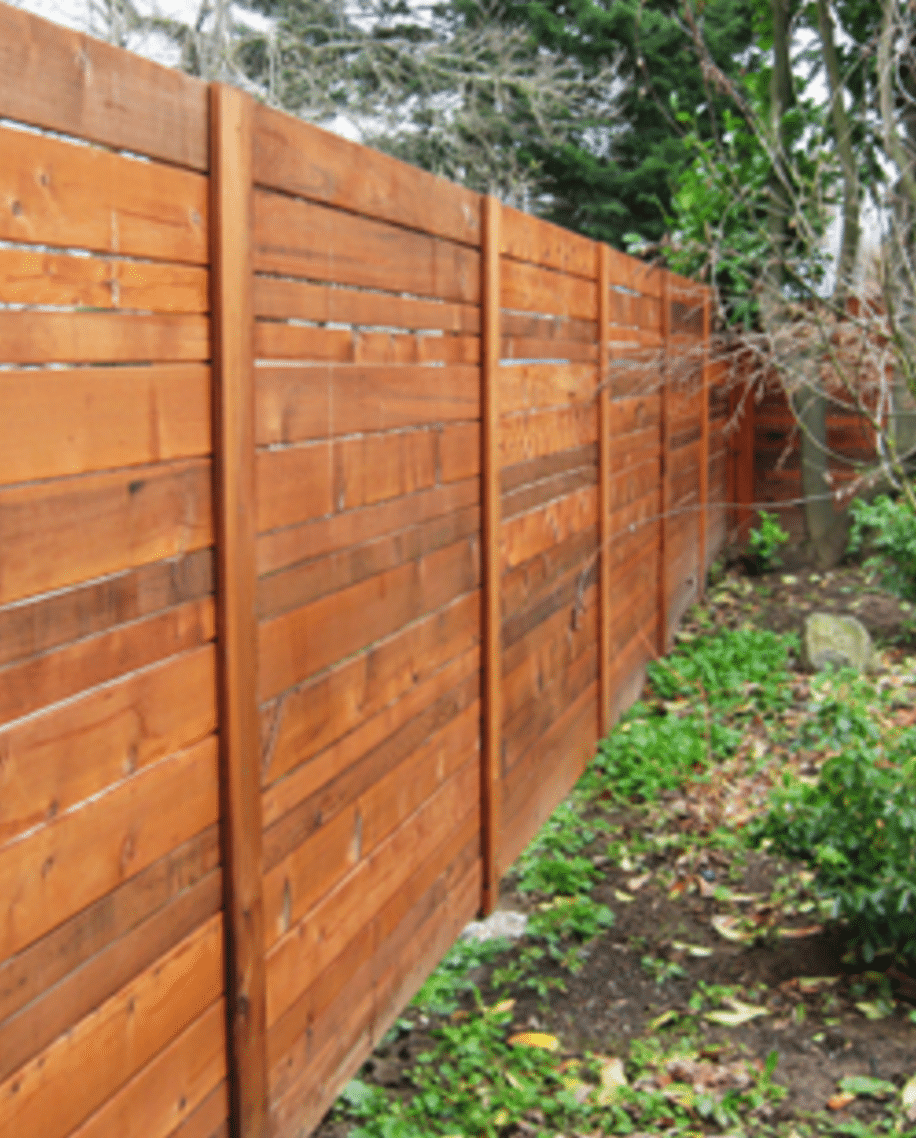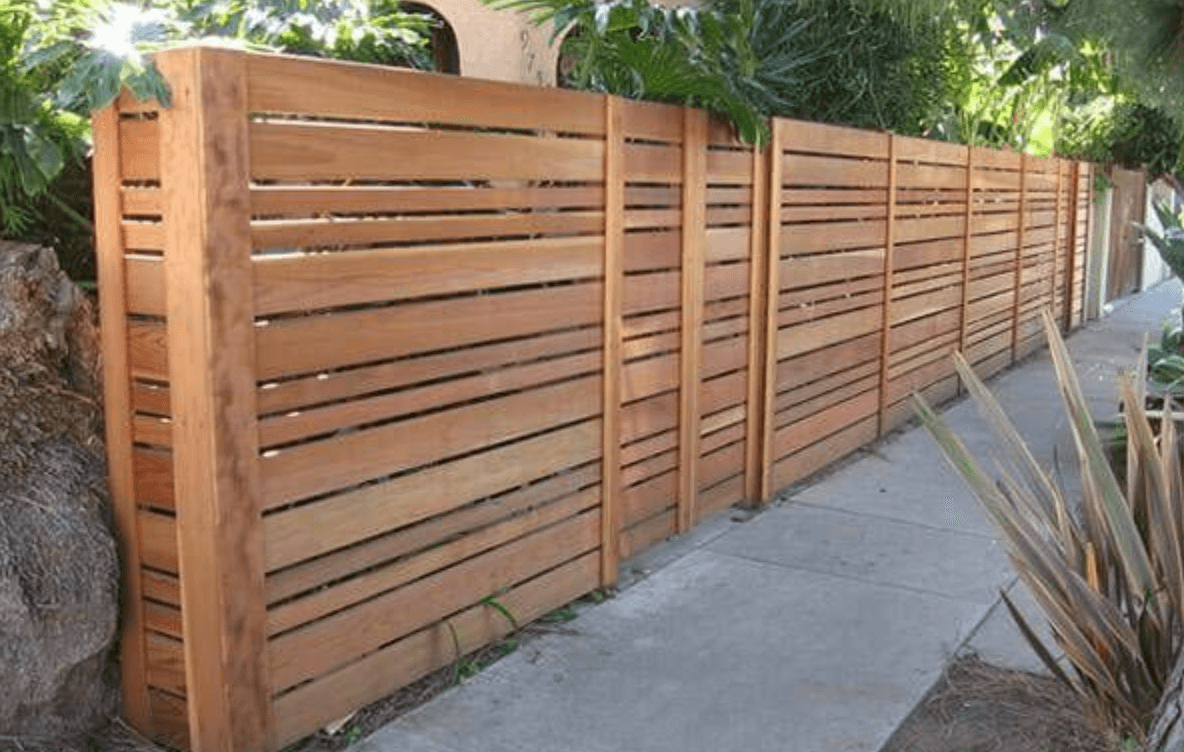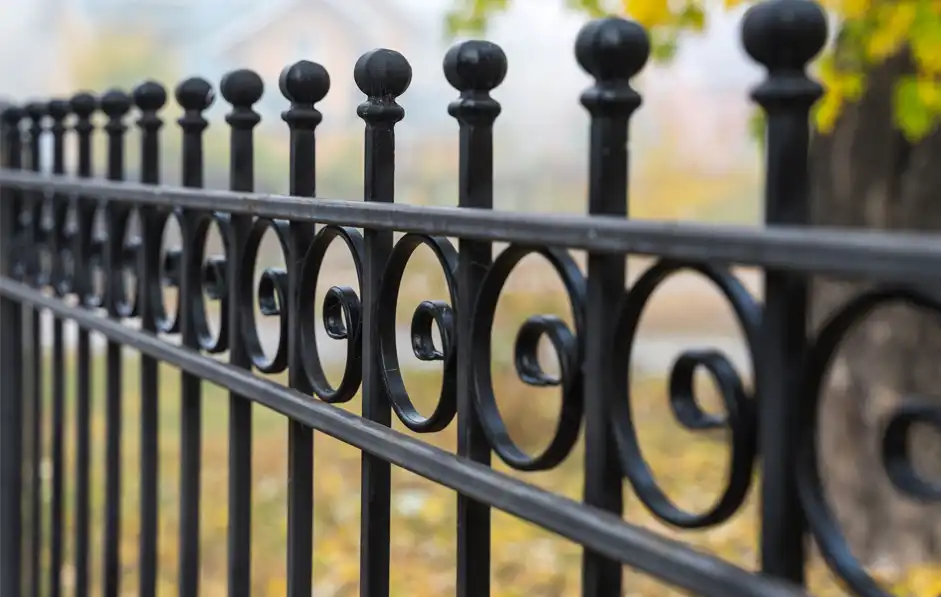All Categories
Featured

When setting up a fence, choosing the appropriate product is vital to stabilizing performance, aesthetic appeals, and budget plan. Timber, plastic, and aluminum are among the most typically selected secure fencing products, each with its drawbacks and staminas. This guide discovers the pros and disadvantages of these alternatives to help you make an informed choice.

Wood Fence. Pros:. All-natural Appeal: Timber's timeless charm can enhance any kind of building with its cozy and classic appearance. Personalized: You can repaint, stain, or carve timber to fit your style preferences. Budget-friendly: Wood fencing is initially more budget-friendly compared to some other materials. Environmentally Friendly: As a renewable energy, wood is naturally degradable and typically taken into consideration green. Disadvantages:. Maintenance-Intensive: Routine securing, paint, or discoloration is called for to stop damages from climate and pests. Prone to Degeneration: Without correct treatment, wood can rot, warp, or split in time. Shorter Life expectancy: Typically, timber fences last 10-15 years, depending upon the kind of wood and upkeep. Wood is an excellent choice for those that value aesthetics and agree to buy regular maintenance to protect its look and sturdiness.
Vinyl Fencing. Pros:. Low Upkeep: Vinyl needs minimal care-- simply occasional cleaning with soap and water. Climate Resistant: It doesn't warp, rot, or yield to insect damage, making it very sturdy in numerous climates. Longevity: Plastic fences can last 20-30 years with little to no repair work. Style Variety: Available in a wide variety of designs, colors, and appearances, including wood-like appearances. Cons:. Higher Preliminary Price: Vinyl fences are extra costly ahead of time contrasted to wood. Susceptability to Cold: In very cool climate, plastic can end up being susceptible and breakable to breaking. Limited Fixing Options: Matching substitute panels can be testing if damage occurs. Vinyl secure fencing is suitable for home owners looking for a resilient, low-maintenance remedy that uses modern-day versatility.

Aluminum Fencing. Pros:. Rust-Proof: Light weight aluminum stands up to corrosion, making it a superb option for wet or damp environments. Resilient: In spite of being light-weight, light weight aluminum is solid and can endure harsh climate condition. Low Upkeep: It requires minimal upkeep, usually only occasional cleansing. Long Life-span: Aluminum fencings can last decades without significant damage. Stylish Design: Frequently used for ornamental objectives, light weight aluminum secure fencing adds a smooth, advanced aim to residential or commercial properties. Cons:. High Initial Financial investment: Light weight aluminum fencings are amongst the more expensive alternatives on the marketplace. Much less Privacy: The open styles typical with light weight aluminum fencing don't supply much privacy. At risk to Damages: While durable, light weight aluminum can damage if struck with enough pressure. Light weight aluminum is an exceptional option for home owners prioritizing aesthetics and longevity without needing much upkeep.
Making Your Decision. When determining between timber, vinyl, or aluminum fence, consider your concerns:
Timber suits those that appreciate an all-natural look and do not mind placing in upkeep initiative. Plastic is the finest alternative for those looking for a low-maintenance, weather-resistant service. Light weight aluminum supplies sleek style and lasting durability yet may lack personal privacy. By meticulously evaluating these products' attributes, you can pick a fence that complements your home while fulfilling your visual and useful requirements.
Latest Posts
Uncover Top Auto Repair Care offered by Montclare Auto Repair – Quality Service Today
Published May 29, 25
1 min read
Join WyHy Federal Credit Union – Smart Money Management for Your Money Goals
Published May 25, 25
1 min read
Uncover Reduce Expenses on Car Maintenance with Montclare Auto Repair’s Special Deals
Published May 23, 25
1 min read
More
Latest Posts
Uncover Top Auto Repair Care offered by Montclare Auto Repair – Quality Service Today
Published May 29, 25
1 min read
Join WyHy Federal Credit Union – Smart Money Management for Your Money Goals
Published May 25, 25
1 min read
Uncover Reduce Expenses on Car Maintenance with Montclare Auto Repair’s Special Deals
Published May 23, 25
1 min read